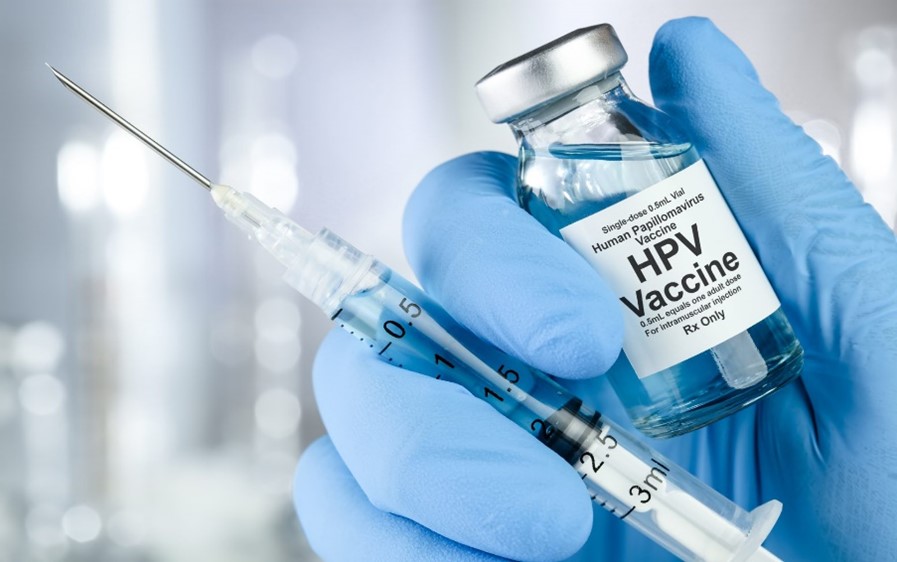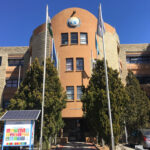Ntsoaki Motaung
In Lesotho, a distinctive hindrance to economic progress emerges amidst various constraints: HIV.
The pervasive impact of this health crisis has significantly impeded economic growth in the region.
The United States government, channeling support through the President’s Emergency Fund for AIDS Relief (PEPFAR) and the Global Fund to end AIDS, TB, and Malaria, has committed substantial investments, amounting to hundreds of millions of dollars, toward bolstering HIV programming in Lesotho.
These contributions aim to address the critical health challenges hampering the nation’s development trajectory.
Lesotho stands as a compelling case where poor health outcomes serve as a tether to economic advancement, creating a unique challenge requiring multifaceted solutions.
Responding to this urgent need, the Millennium Challenge Corporation (MCC) has embarked on an ambitious endeavour – the $300 million Lesotho Health and Horticulture Compact.
This transformative initiative is designed to tackle head-on the critical health crisis looming over the nation.
Kerry Bruce, the Health, Nutrition, and Health System Strengthening Director, Human, and Community Development Practice Group at MCC, along with Carolyn Wetzel Chen, the Health Director, Human, and Community Development Practice Group, this week emphasised the vital role of the compact’s Health Systems Strengthening (HSS) project.
Bruce and Chen explained that this initiative aims to elevate primary healthcare services, enhance care standards, and collaborate closely with Lesotho’s Ministry of Health to modernise health data systems.
The primary objective of this substantial project is to catalyze a notable improvement in health outcomes, with particular emphasis on maternal and child health.
By enhancing the healthcare infrastructure and processes, the initiative endeavours to foster a healthier populace, ultimately nurturing a more robust foundation for Lesotho’s economic growth.
The MCC’s Health and Horticulture Compact extends the groundwork laid by MCC’s prior collaboration with Lesotho, which provided an estimated 752,000 individuals access to fundamental healthcare.
This substantial impact was achieved through the construction and refurbishment of 138 health facilities and 14 outpatient departments, encompassing approximately 90 percent of the country’s health infrastructure.
Kerry Bruce and Carolyn Wetzel Chen emphasised that with the new investments in digital health, Lesotho could potentially serve as a model for other African nations grappling with HIV and TB-specific digital health systems.
They said this presents an opportunity to leverage initial investments for the creation of comprehensive national systems.
“In partnership with the Ministry of Health—working through the Millenium Challenge Account responsible for implementing the compact—our aim is to establish a robust health data system accessible to all Basotho citizens. This system will provide the latest clinical guidelines and operational procedures in primary healthcare, ensuring universal access, irrespective of HIV status,” they affirmed.
Recognising the challenges ahead, particularly in designing an interoperable and sustainable national digital health system that operates in low-connectivity and low-electricity settings, Bruce and Chen outlined their strategic approach.
“MCC is committed to collaborating with the Ministry of Health to design and implement a fully functional digital health system spanning all health domains, building upon the foundation established by PEPFAR,” they explained.
“Commencing in early 2024, MCC plans to significantly invest in primary healthcare equipment and digital health infrastructure. Additionally, we are outlining initiatives for a health data and innovation incubator to foster a public demand for high-quality health data,” they added.
Detailing the compact’s objectives, Bruce and Chen highlighted how MCC’s investment is poised to reinforce the sustainability of PEPFAR’s hard-earned achievements in attaining control over the HIV/AIDS epidemic.
This strategic alignment aims to fortify the progress made and lay the groundwork for enduring health improvements in Lesotho.
Summary
- Kerry Bruce, the Health, Nutrition, and Health System Strengthening Director, Human, and Community Development Practice Group at MCC, along with Carolyn Wetzel Chen, the Health Director, Human, and Community Development Practice Group, this week emphasised the vital role of the compact’s Health Systems Strengthening (HSS) project.
- The primary objective of this substantial project is to catalyze a notable improvement in health outcomes, with particular emphasis on maternal and child health.
- “MCC is committed to collaborating with the Ministry of Health to design and implement a fully functional digital health system spanning all health domains, building upon the foundation established by PEPFAR,” they explained.

Your Trusted Source for News and Insights in Lesotho!
At Newsday Media, we are passionate about delivering accurate, timely, and engaging news and multimedia content to our diverse audience. Founded with the vision of revolutionizing the media landscape in Lesotho, we have grown into a leading hybrid media company that blends traditional journalism with innovative digital platforms.










